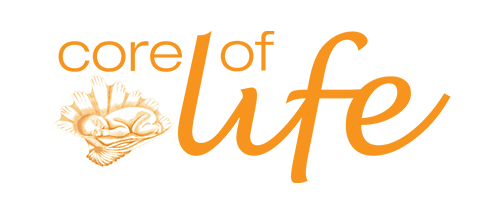COL - Community
The COL team actively work with communities partnerships for program delivery. Education sessions are co-presented by a variety of COL trained people within any given community.
Health – e.g. midwives, nurses, indigenous health workers, maternal child health nurses.
Education – e.g. teachers, school nurses, student teachers, assistant teachers, school chaplains, school counsellors, school liaison officers.
Youth – e.g. youth workers, drug and alcohol workers, sexual health teams, sport and recreational officers.
Community – e.g. non-government organisations, childbirth educators, family planning, community leaders, peer educators.
Col's collaborative model helps bring community and services together. Locally trained COL presenters help the program to 'best fit' their community's needs and provide quality role models.
This helps to;
- Promote community participation
- Breakdown the 'silos'
- Bring youth/family/community together to support improved outcomes
COL Embracing Diversity
YFER/COL is not morally, politically or religiously aligned with any other body.
COL continues to strive in meeting the needs of a diverse range of youth families and communities
Each program, training and resource is designed and produced after extensive consultation with members of each community.
COL program considers carefully the different;
- Learning styles
- Literacy
- Language
- Social and family backgrounds
COL uses a variety of different presentation styles using props, storytelling, role playing – all play a key role in delivering COL's key messages
Examples of groups accessing COL education training and resources are:
- High Schools nationwide – usually implemented across the entire year 9 or 10 level contextually as part of health or life education curriculum.
- Indigenous organisations urban and rural/remote
- Alternative learning settings
- Disengaged youth groups
- New immigrant programming
- Juvenile Justice.
For more information on COL Indigenous program, click here.

